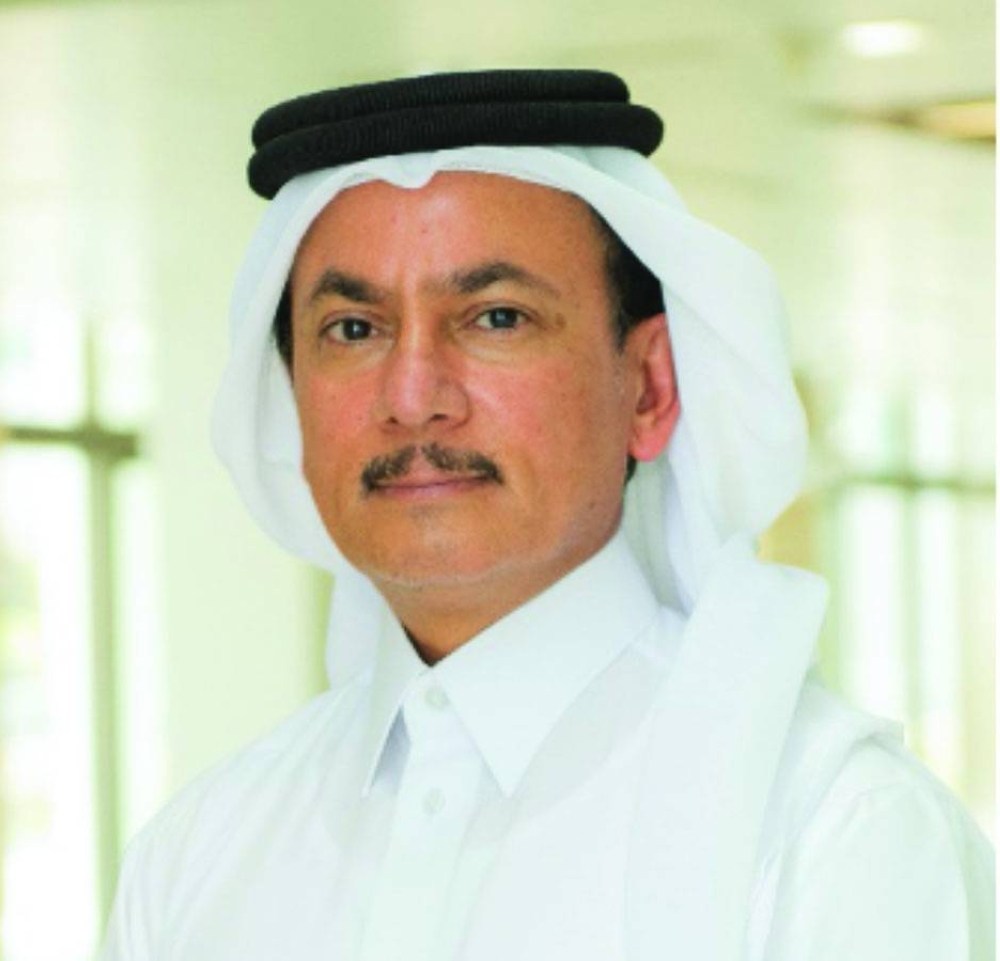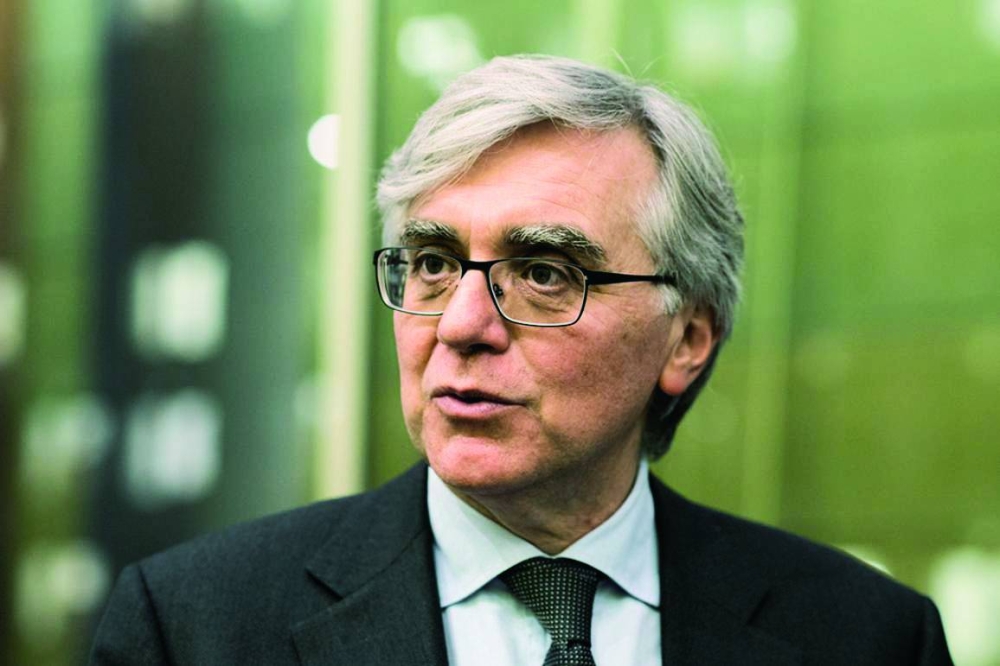A research team from Qatar, with members from the Hamad Medical Corporation (HMC), the Ministry of Public Health, Weill Cornell Medicine – Qatar and Sidra Medicine, has published a rigorous scientific study debunking hypothetical concerns about the increased risk of Mers-CoV transmission during the FIFA World Cup Qatar 2022.
Prof Adeel Butt, senior consultant in infectious diseases at the HMC, said: “In the lead-up to Qatar’s successful hosting of the FIFA World Cup Qatar 2022, several unsubstantiated opinion pieces were published in scientific journals raising a false alarm regarding the risk of Mers-CoV transmission during the tournament.”
“Those authors argued, without any scientific evidence, that the tournament in Qatar and a camel pageant held near the same time, may pose a high risk of Mers-CoV transmission across the globe,” he said.
The findings of the study, which used surveillance and testing data from Qatar, were published in the *Journal of Travel Medicine, ranked number three in the world in the field of infectious diseases, number two in the field of public, environmental and occupational health, and number eight in medicine, general and internal.
“Qatar prepared extensively to protect the health of the visitors and residents of Qatar,” Prof Butt said. “Random respiratory samples from 200 camel workers and 100 camels were tested and were negative for Mers-CoV.”
“To determine if any Mers-CoV infections were detected before or during the FIFA World Cup, the research team reviewed all human Mers-CoV tests conducted in Qatar during 2022, including the duration of the FIFA World Cup,” he added.
The study shows that a total of 17,281 Mers-CoV tests were performed on 14,703 individuals in Qatar in 2022.
These included 2,457 tests on 2,305 individuals during November and December 2022, the months when the FIFA World Cup was held.
Tests were conducted on individuals according to the World Health Organisation (WHO)’s recommended testing and screening protocols.
Only two positive tests were recorded in 2022, in March and April last year, well before the arrival of any FIFA World Cup visitors.
No positive cases were detected during the World Cup, and no cases of Mers-CoV related to travel to Qatar have been reported anywhere in the world since the completion of the World Cup.
Qatar’s proactive public health and vaccination measures prioritised the safety of all citizens, residents, and visitors to Qatar which ultimately led to a successful hosting of the FIFA World Cup.
The international medical community has recognised this response to the coronavirus (Covid-19) pandemic and preparedness repeatedly.
In March 2022, the HMC won the top award from the Arab Hospitals Federation for the comprehensive response demonstrated during the Covid-19 pandemic.
Dr Abdullatif al-Khal, head of infectious diseases at the HMC, said that robust monitoring mechanisms instituted by Qatar before and during the FIFA World Cup played an important role in preventing disease transmission.
He emphasised that Qatar’s forward planning and a co-ordinated national response can serve as a template for any future mass gathering event for early detection and prevention of infectious disease outbreaks.
Prof Roberto Bertollini, senior adviser to the Minister of Public Health, noted: “These robust data suggest that the risk of Mers-CoV transmission associated with mass gatherings is low, and standard infection control precautions remain the main barrier to its transmission.”
“Not a single case was detected in Qatar among the 1.4mn visitors for the FIFA World Cup despite a comprehensive surveillance and testing mechanism put in place,” he said.
Prof Bertollini also cautioned against future publishing of unsubstantiated reports related to infectious diseases that could raise false alarm, and cause distress to travellers as they have the potential of disrupting the fragile recovery after the Covid-19 pandemic.

Dr Abdullatif al-Khal

Prof Adeel Butt

Prof Roberto Bertollini
